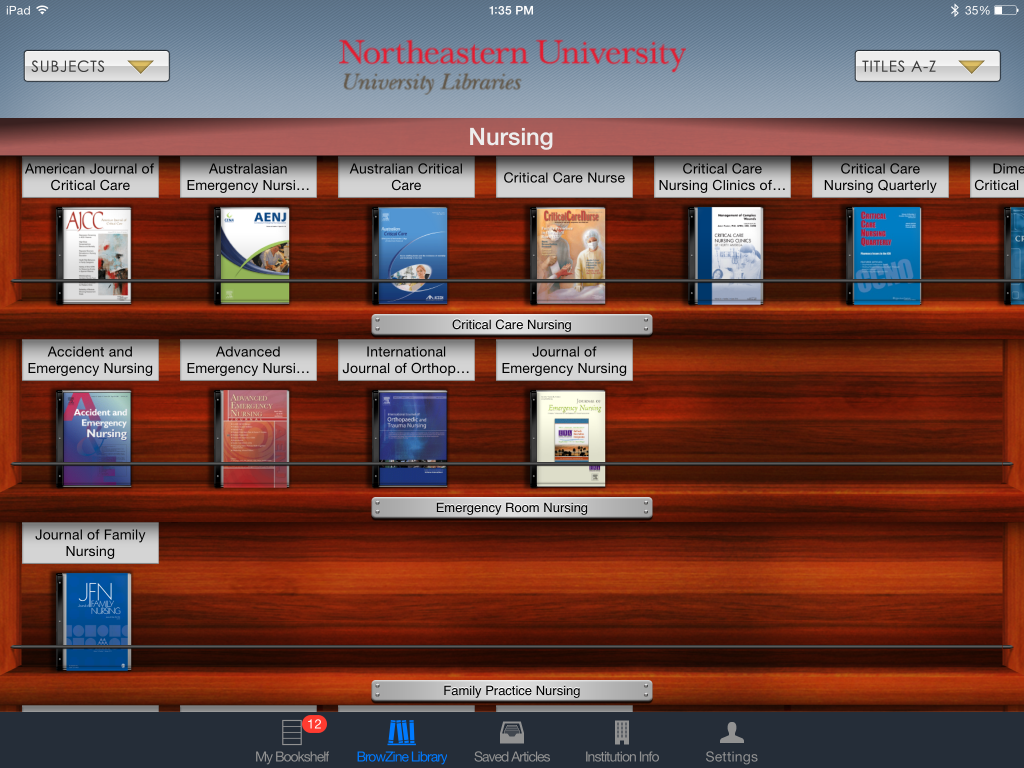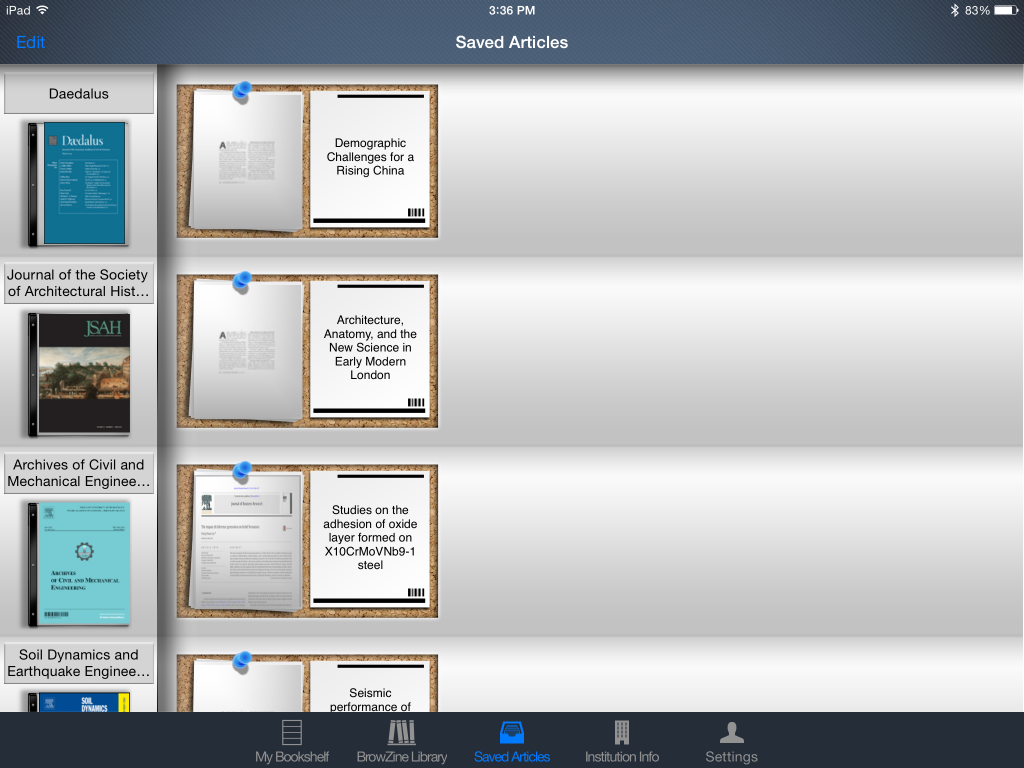New: Kanopy Streaming (82 Documentaries That You Can Watch Now)
How does media and advertising shape our personal perceptions and world views?
Media Education Foundation’s Media and Communication Collection features 82 provocative documentaries which provide depth and analysis on issues like sexism, hip hop, teen pregnancy, cultural and gender identity, video game culture and more.
The best part? As a current member of the Northeastern community, YOU have access. Click here to connect to Kanopy Streaming and take a look at the video library for yourself!
“Killing Us Softly 4: Advertising’s Image of Women” is used widely in many classes and will now be more convenient to access.
Relevant to journalism, sociology, psychology, and media studies, these videos can be viewed 24/7 on any device. You can create your own account and make clips and playlists with ease.
Online instructions are available.
For more information, please contact librarians Julie Jersyk, J.Jersyk@neu.edu or Debra Mandel, d.mandel@neu.edu.









